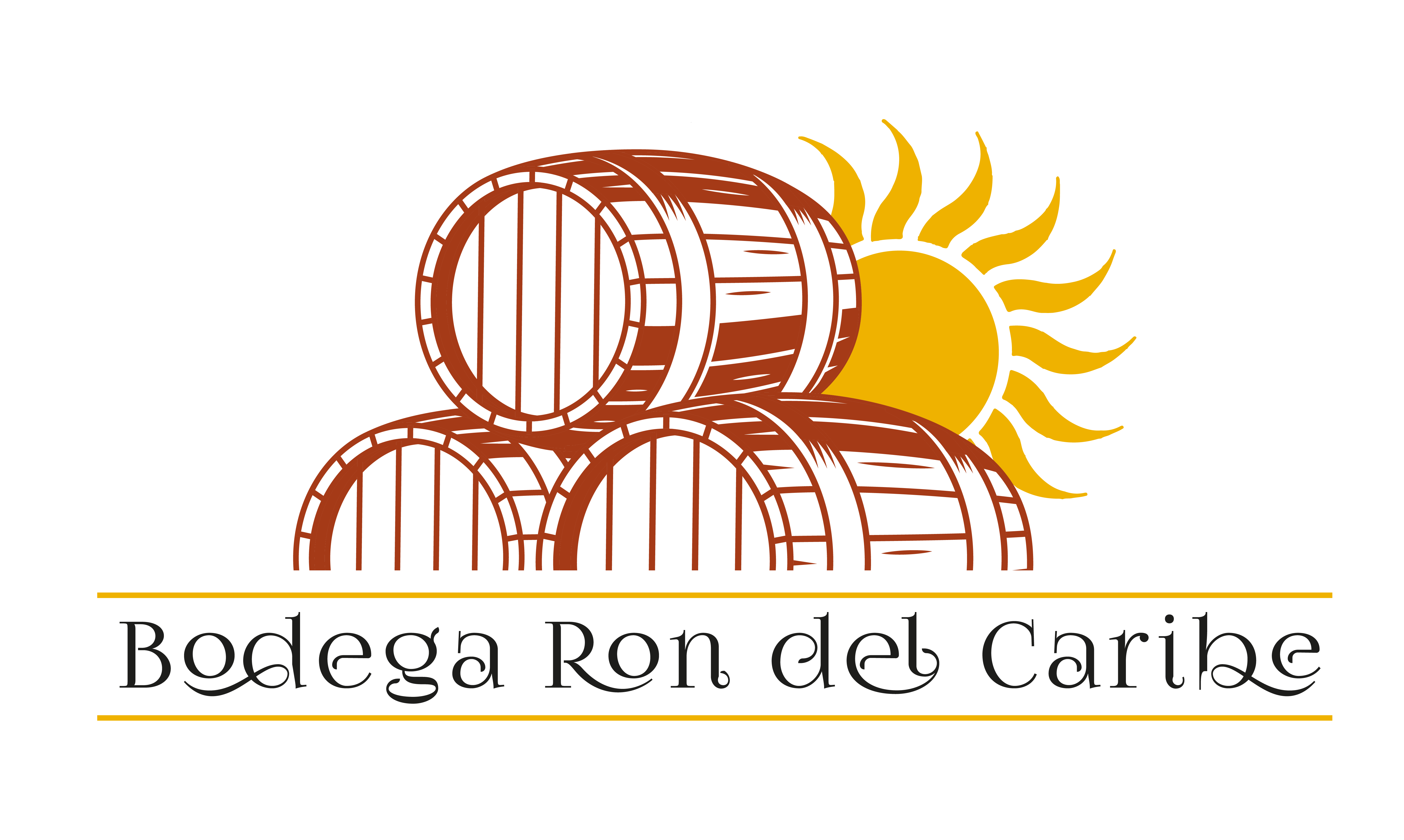Theories come and go, but everyone seems to agree that the origin of rum dates back to the 16th century when experiments began with the fermentation of sugar cane.
The first-time sugar cane was found was in Asia. Later, it was introduced in southern Europe by Arab traders. It was not until 1493 that the raw material for rum arrived in the Caribbean to stay forever.
Sugarcane made its debut in the American continent following the exploratory voyages of Christopher Columbus. Initially, it was valued for the sweetness from its sugar, but later other uses and interesting products began to be discovered from it.


